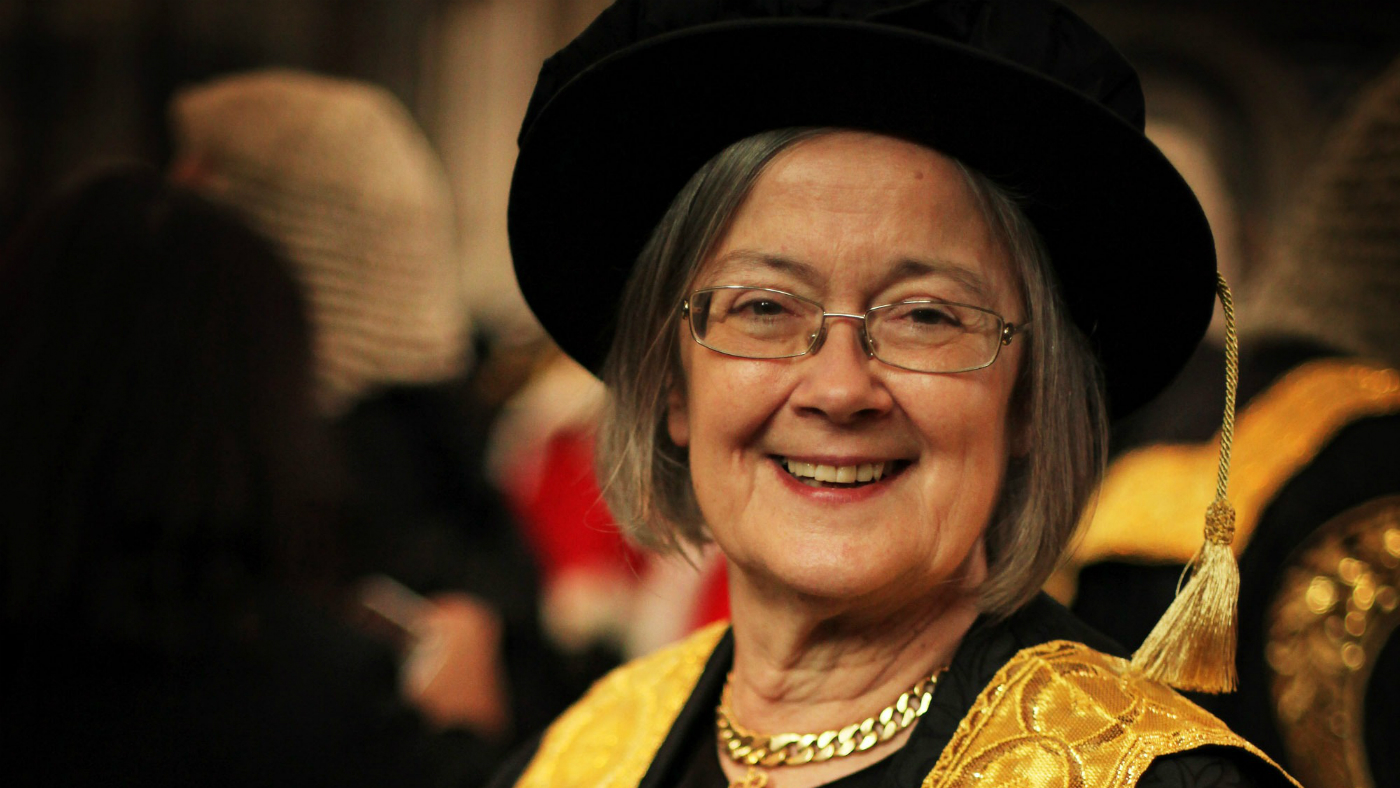Lady Hale: who is the Supreme Court’s first female president?
Baroness Hale said appointment was ‘a great honour and a challenge’

A free daily email with the biggest news stories of the day – and the best features from TheWeek.com
You are now subscribed
Your newsletter sign-up was successful
Baroness Brenda Hale of Richmond has been sworn in as the first female president of the UK’s Supreme Court.
The nation’s new top judge is best known for her involvement in the Government’s Brexit appeal and in an appeal by the parents of sick baby Charlie Gard.
Lady Hale’s confirmation was held in the Westminster court, with recorded video broadcasts intended to demonstrate the court’s commitment to improving transparency, writes The Guardian.
The Week
Escape your echo chamber. Get the facts behind the news, plus analysis from multiple perspectives.

Sign up for The Week's Free Newsletters
From our morning news briefing to a weekly Good News Newsletter, get the best of The Week delivered directly to your inbox.
From our morning news briefing to a weekly Good News Newsletter, get the best of The Week delivered directly to your inbox.
She has spoken of her appointment as “a great honour and a challenge”.
The 72-year-old has ruled on many high-profile cases, including participating in a panel that found in favour of a gay man who wanted to give his husband the same pension rights as a wife would receive.
Lady Hale was born in 1945 in Richmond, North Yorkshire, attended a state school and then went to Girton College, Cambridge, where she read law and graduated top of her class, according to news reports.
She began her career as a junior lecturer in law at the University of Manchester, the BBC says. She worked in a pub while teaching and studying for the bar exams, winning the top results for her year in the bar finals, reports The Guardian. She was also the first woman and the youngest person ever to be appointed to the Law Commission.
A free daily email with the biggest news stories of the day – and the best features from TheWeek.com
In 1989, she was appointed QC, and in 1994 became a High Court judge, with a specialty in family law.
As president of the Supreme Court, Lady Hale will earn £225,000 a year.